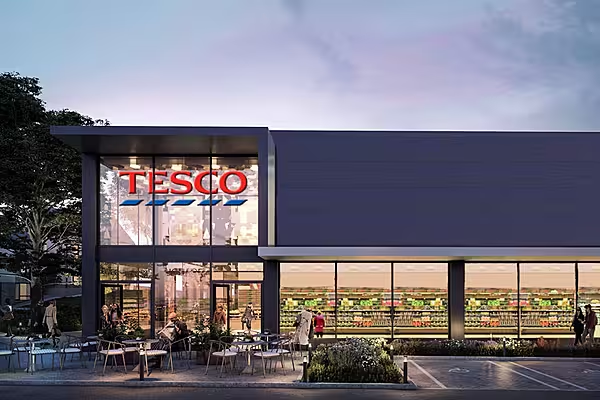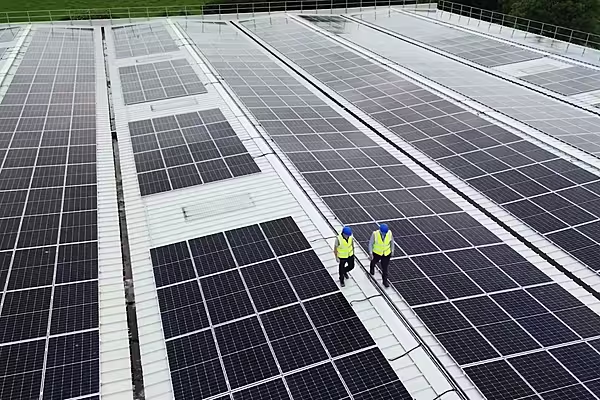DHL Supply Chain has recently announced plans to begin operating biomethane-fuelled trucks, with an investment worth €80 million.
The company noted that it will invest the funds into a dedicated biomethane production facility in Cork, run by Stream BioEnergy.
DHL explained that biomethane is a renewable gas with the capacity to be carbon neutral.
The new facility will provide fuel for up to 150 trucks, resulting in an annual carbon reduction of 15,000 tonnes – the equivalent of more than 38 million miles driven by an average petrol-powered passenger vehicle.
Tesco Ireland Collaboration
As part of a shared commitment to decarbonising Ireland’s transport network, DHL has joined forces with leading grocery retailer Tesco Ireland.
To support the initial vehicle roll-out and while production ramps up, DHL will ‘subsidise the biomethane from other sources’.
Once the new facility is fully functioning, DHL noted that it will operate 92 locally fuelled biomethane trucks across Tesco’s countrywide network.
Ciaran Foley, managing director of DHL Supply Chain, commented that the group’s collaboration with Tesco marks a significant step on its shared journey towards achieving net-zero emissions.
“Our customers’ transport networks are a vital focus area when looking at how they can achieve their overall sustainability goals, so, by making alternative fuels a reality, we can really prove our value as a strategic partner.”
‘Promoting Collective Environmental Objectives’
Ian Logan, retail and distribution director, Tesco Ireland, commented, “We have one of the most sophisticated distribution networks in the country, and improving its efficiency and environmental impact will play an important role in our journey to net zero.
“Our current HGV transport fleet makes over 2,000 trips weekly, serving our growing network of 166 stores nationwide, so moving to a cleaner fuel in our value chain will play a vital role in achieving this.
“DHL’s credentials in leveraging renewable transport solutions are complemented by our own strong commitment to embracing sustainable practices and driving down our emissions.
“We are both committed to promoting collective environmental objectives, and to advance our ambition to achieve net zero in our value chain by 2050, and indeed in our own operations by 2035.”








